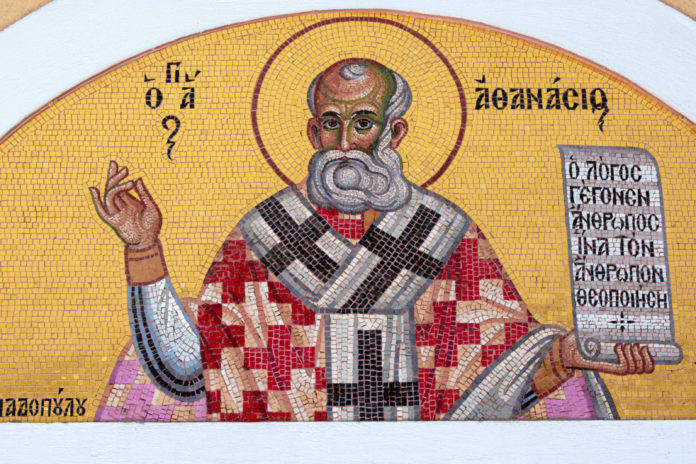Addressing Resurrection Alternatives (Part Five)
Only in a world familiar with substance abuse, mental illness, and reports of paranormal experiences would the possibility of a “group hallucination” be entertained even momentarily. But that’s our world today. Thus, it’s no wonder some individuals have proposed the notion that Jesus’ grieving disciples merely hallucinated Christ’s post-crucifixion appearances.
The “Hallucination” Hypothesis
According to the National Institutes of Health, hearing the voice of, or briefly seeing, a loved one who has recently died may sometimes occur as a part of the normal grieving process. The anguished Mary Magdalene, weeping near the garden tomb, represents the most likely candidate for such a hallucination. And yet her encounter differs significantly from the typical profile. She initially believed she was interacting with the gardener, a physical being rather than a vision. She did not recognize Jesus by sight at all (John 20:11–17).
As for the disciples, the Gospel narratives suggest their primary emotion as they gathered after Jesus’ death was fear rather than grief (John 20:19–20). And because Thomas was not with them for that initial encounter, Jesus appeared a second time, focusing all his attention on Thomas, and yet observed and heard by the entire group (John 20:24–28).
Then, on the day they went fishing, the disciples were preoccupied with their catch—or lack thereof—when a man they did not recognized called to them from the shore. They didn’t even recognize his voice at first. This interaction with Jesus, which involved cooking and eating and conversation, could hardly be described as brief (John 21).
Adding Up the Numbers
Given the various times, places, and circumstances in which multiple people (some 500, according to Paul’s account in 1 Corinthians 15:6) interacted with Jesus after his death, the hallucination hypothesis simply fails to fit the data. It also runs counter to the disciples’ belief system. Their concept of resurrection was limited to the general resurrection of mankind at the time of God’s final judgment. The absence of their expectation means the likelihood of hallucination virtually evaporates.





